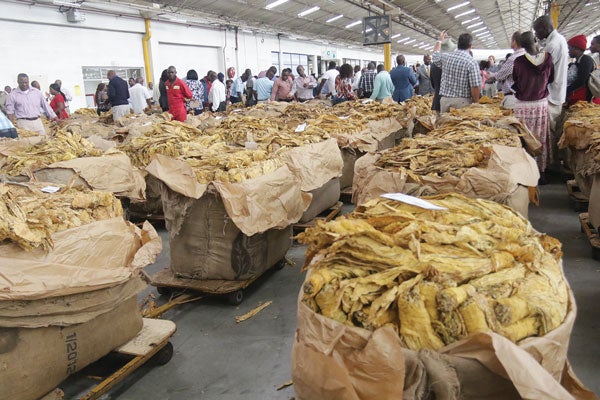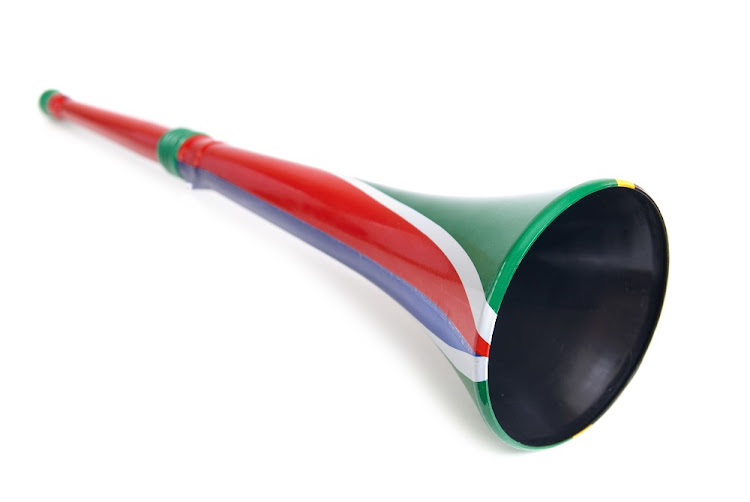Latest News
Top Story
 Hichilema demands Edgar Lungu mortuary access
Hichilema demands Edgar Lungu mortuary access A fresh dramatic twist has emerged in the ongoing burial saga of late former Zambian president Edgar Lungu, as the Zambi...
Top Story
 The JSE is shrinking
The JSE is shrinking The number of listed companies listed on the Johannesburg Stock Exchange (JSE), Africa's largest stock exchange, is shri...
Top Story
 UK's Boris Johnson quits over Brexit stretegy
UK's Boris Johnson quits over Brexit stretegy Boris Johnson has resigned as Foreign Secretary amid a growing political crisis over the UK's Brexit strategy.He is the ...
Top Story
 SecZim licences VFEX
SecZim licences VFEX The Securities and Exchange Commission of Zimbabwe has licenced the Victoria Falls Stock Exchange paving way for its sch...
Top Story
 Tobacco, gold dominate Zimbabwe's exports
Tobacco, gold dominate Zimbabwe's exports Zimbabwe's export economy remains firmly anchored in its traditional staples of tobacco and gold, while imports are stil...
Top Story
 Mnangagwa orders funding for Gwayi-Shangani dam project
Mnangagwa orders funding for Gwayi-Shangani dam project President Emmerson Mnangagwa has instructed the Finance Ministry to ensure a monthly disbursement of USD 5 million towar...
Top Story
 Young Investment Professional (YIP) Graduate Programme 2019
Young Investment Professional (YIP) Graduate Programme 2019 Company Name Investec Asset Management Company Location Cape Town, Western Cape, South Africa Click HEREJob descriptionO...












 Young Investment Professional (YIP) Graduate Programme 2019
Young Investment Professional (YIP) Graduate Programme 2019
Editor's Pick